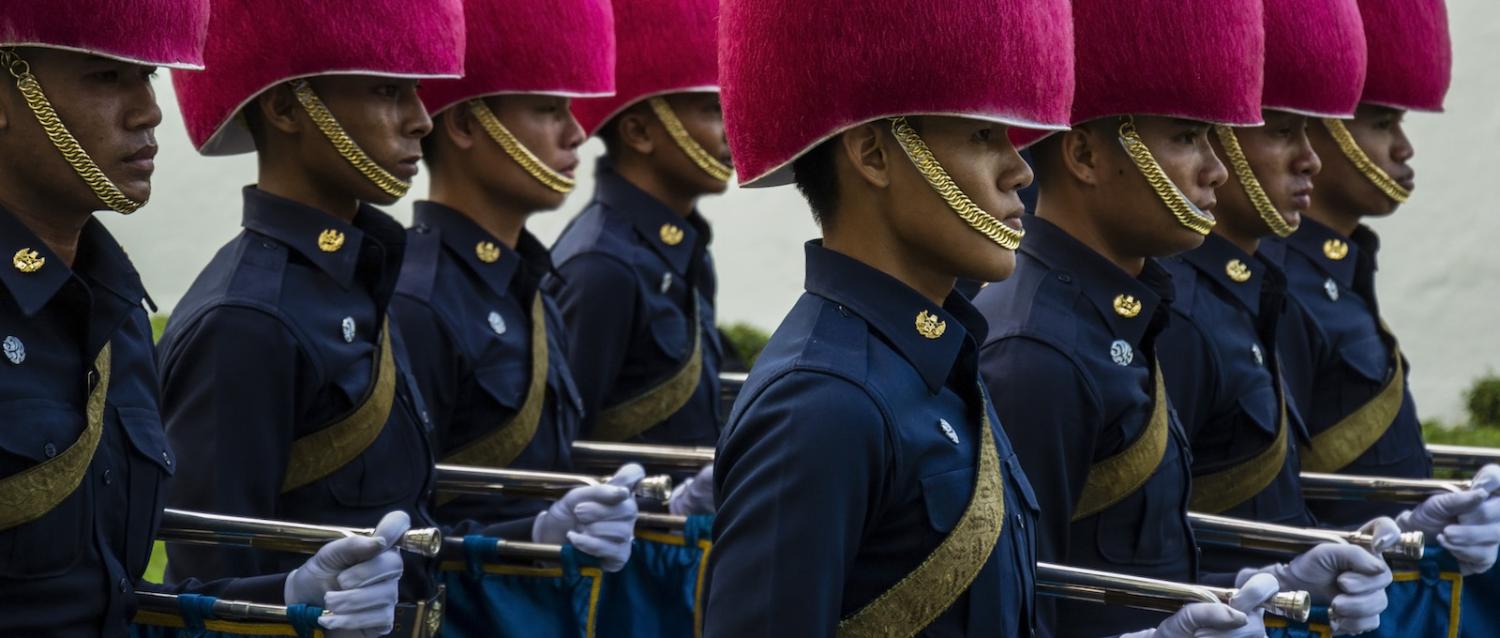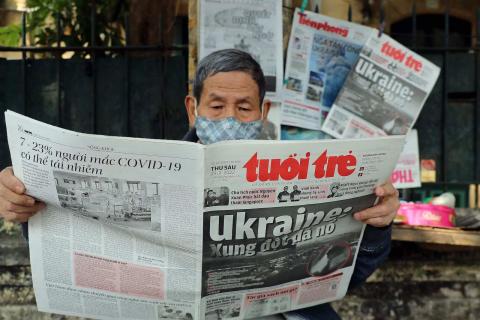With the 2019 Thai election the first since the 22 May 2014 coup and the recently-retired army general, General Prayuth Chan-ocha, as the candidate most likely to become prime minister, it was virtually inevitable that the role of the military would hover in the background of the campaign.
But two incidents have brought the issue into much sharper focus.
The recollections of the street violence of the 2014 thwarted the election … the burning of the city in response to calls of the Red Shirt leaders in 2010, mean that many still see an important role for the Thai military in domestic security.
First, two of the candidates likely to play significant roles in the next parliament, Future Forward leader Thanatorn Juangroongruangkit and Pheu Thai leader Kunying Sudarat Keyuraphan, made clear their intentions to slash the military budget. The response from current Thai Army Chief General Apirat Kongsongphol was ominous. Asked by reporters to comment, General Apirat simply stated the name of a song, Nak Paendin (Burden of the Land). Many Thais remember clearly that this was the song sung by right-wing vigilantes and paramilitaries as they massacred hundreds of students on the campus of Thammasat University on 6 October 1976.
Second, leader of the Seri Ruam Party, retired police general Seripisut Temiyawet, was filmed scolding a Thai soldier who had apparently been tasked with following him. The footage has been widely seen and has provoked discussion on whether soldier monitoring politicians constitutes proper use of state resources. General Apirat’s next move was to conduct a very prominent oath-swearing ceremony in front of the stature of revered king Rama V Chulalongkorn, accompanied by 800 of his officers, as well as instituting legal action against Seripisut.
Some will be happy to see the Thai Army strike a tough pose. The recollections of the street violence of the 2014 thwarted the election, but even more so, the burning of the city in response to calls of the Red Shirt leaders in 2010, mean that many still see an important role for the Thai military in domestic security.
But whether that ought to extend to politics, including five permanent seats in the 250-member Thai Senate as mandated under Thailand’s 2017 constitution, is a more dubious proposition.
Many Thai youth, for whom this election will be their first time to vote, have been making their views known. Recently a randomly selected group of 100 Thai students in a live televised debate were asked if they agreed with having unelected senators involved in choosing the next prime minister; only one of the hundred did. And in the wake of the recent dissolution of Thai Raksa Chat party for its role in putting forward royal family member Princess Ubolratana as its candidate for prime minister, the hashtag “dissolve parties to the death, I’ll never vote for Prayuth” spread virally amongst students in Bangkok
The deep distrust between the Thai military and civilian politicians is unfortunate in many respects. As Thailand’s strategic circumstances change, the country deserves to have a well-informed debate on what the roles, responsibilities, size, budget, and capabilities of the military should be.
Equally, the decades-old national military service program, which touches the lives of many Thai families and has attracted much criticism in recent years for tragic and reprehensible deaths due to the brutalising of new recruits, is probably due for review and reform.
But with the country remaining deeply polarised and tense in the lead-up to the first democratic process in five years, calm and reasoned debate on the topic of military reform appears unattainable for the present.

